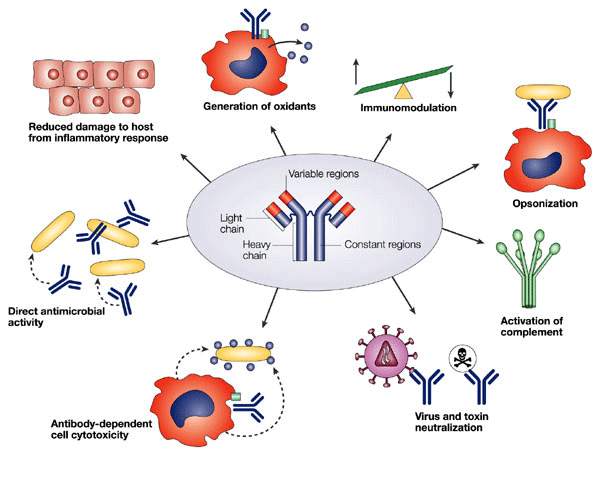Antibodies: An overview
Antibodies are defence molecules in our body that is produced through specialized immune cells which is known as B lymphocytes or B-cells. The normal function of Antibodies is to protect us from infections. When used as therapeutics, antibodies can goal specifically selected disease proteins, enabling us to fight illnesses in which our bodies would not normally produce antibodies against, for instance cancer. Immunohistochemistry is broadly used to recognize, in situ, several components of tissues and cells in both pathological and normal conditions and is an exceptionally powerful technique to demonstrate the localization of cellular elements. Immunoglobulins or antibodies are glycoproteins and are sub divided into five main classes. IgG, that composes approximately 75 percent of the immunoglobulins in human serum, is most generally used for immunostaining.

Antibodies are proteins which have a characteristic Y-shaped structure. Every B-cell produce through the immune system produces antibodies with a unique and specific target binding section, resulting in a large diversity of goal binding specificity. This ensures which almost any antigen which enters the body will be recognised through an antibody. The B lymphocytes can be immortalized resulting in cell lines producing monoclonal antibodies with a described binding specificity